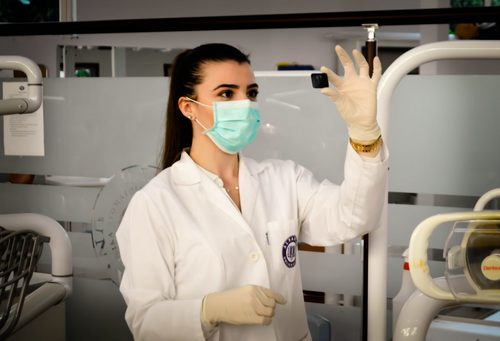Vaccines are the talk of the town. A post-Covid era has ushered in a world where pharmaceutical companies are able to expedite the production and distribution of vaccines, and that’s not just vaccines for flu or Covid-19.
In recent scientific developments, vaccines for fatal illnesses, like cancer and heart disease, are now closer than it’s ever been.
Global killers: cancer and heart disease
Cardiovascular diseases (CVDs), commonly known as heart diseases, are the leading cause of death universally, with an estimated 17.9 million people losing their lives to them each year.
Nearly 10 million people die from cancer every year, making cancer another leading cause of death, globally.
In 2019, it was reported that 54,803 South Africans died as a result of cancer.
Image credit: Our World in Data
According to the World Health Organisation (WHO), the most common cancers are breast, lung, colon and rectum and prostate cancers.
ALSO SEE:
Jane Fonda, now 85 and in remission from cancer, refuses to retire!
The silver lining of the Covid-19 vaccine
As a result of the hastened production and distribution of the Covid-19 vaccine, scientists have applied many of the lessons learned.
Coupled with large investment injections into the pharmaceutical industry and the consequent technological advancements that were made, death by cancer or heart disease could soon be a thing of the past.
Researchers say that 15 years’ worth of progress has been made within the past 12 to 18 months, thanks to the Covid vaccine.
Cancer and heart disease vaccines
mRNA-based technology (mRNA stands for Messenger Ribonucleic Acid) has become increasingly popular in the production of vaccines.
What sets it apart is the fact that the mRNA molecules command cells to produce proteins that our immune system needs to attack.
This means that our immune systems will be alerted to cancer cells that are present in the body and destroy them, without harming the healthy cells.
Machine learning algorithms are imperative in creating these vaccines, as they identify mutations of cancerous cells and trigger an immune response.
A number of pharmaceutical firms believe that these vaccines could be ready by 2030 if the same level of interest and investment in vaccine creation is maintained.
ALSO SEE:
From breast cancer to Nepal– former female Springbok reaches new heights
Feature Image: Unsplash

